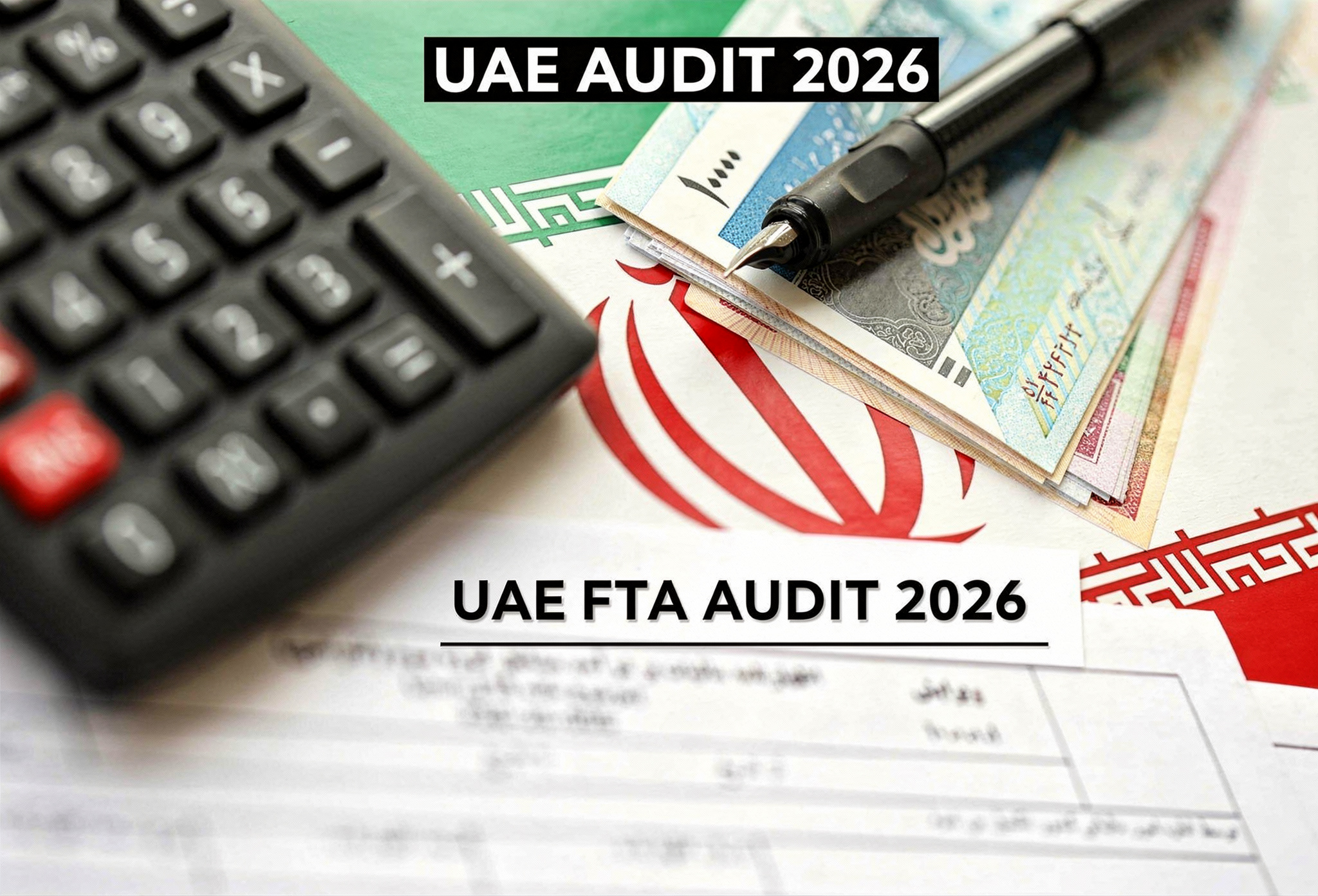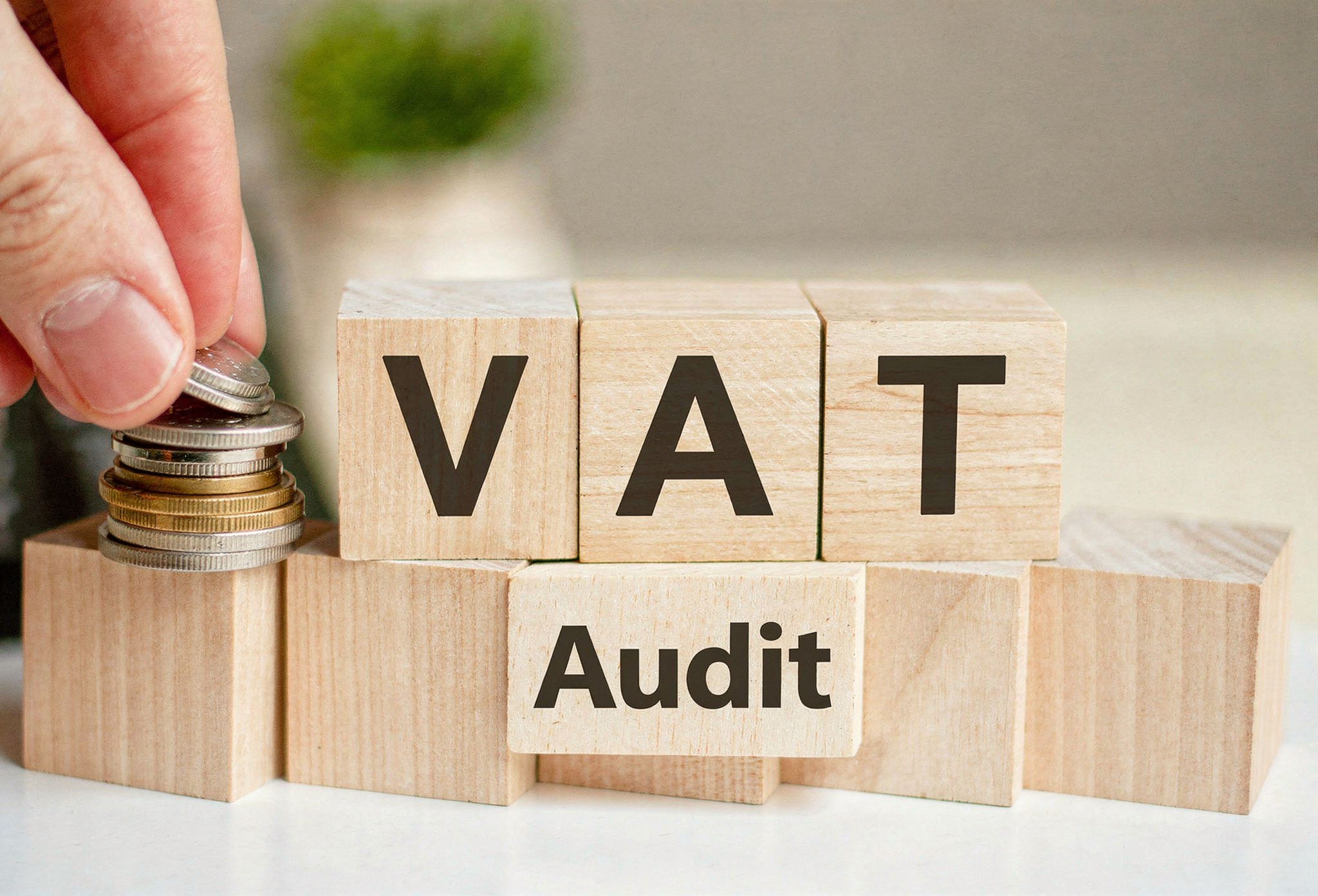Introduction
What are the International Financial Reporting Standards (IFRS), and how will they affect your audit procedures this year? In a financial world that is ever dynamic, these standards become very important to apply and adhere to by the professionals in the economic realm.
In this blog, we first explain IFRS and then move on to see how the year has been impacted by auditing. We shall look at a new IFRS 18 that is set to revolutionize the presentation and disclosure of financial statements. How will these affect the professionals involved, and what is it that people need to be ready for? We will get into these so that you have a complete idea about each aspect.
What is IFRS?
The International Financial Reporting Standards (IFRS) are the present set of accepted standards for the reporting of business companies’ results and financial position in a way that is coherent, comprehensive, and user-oriented. IFRS is relatively close to Generally Accepted Accounting Principles (GAAP), which are rules that rule over the accounting rules used within a country. They represent an outcome of increasing international shareholding and trade and are of particular importance to those companies dealing in more than one country. They are progressively replacing many different national accounting standards.
How IFRS Applies to Your Auditing This Year
Knowledge and application of IFRS form the background for accountants and auditors to know and apply the right standards in preparing financial statements. The effect, therefore, that IFRS has on accounting is summed up in the following key areas:
- Improved Transparency: This is one of the positive sides that IFRS demands and requires an improved level of transparency in reporting, meaning auditors have to be more careful while going through financial statements related to a company.
- Consistency: IFRS encourages consistency in the presentation of all financial statements, hence easing the process of auditing for entities that operate across different countries.
- Complexity and Training: With the constant changes and updates, IFRS is complex, and therefore, auditors have to be in continuous training in this system. This affects how the auditor’s training and updating in this area relate to the preparedness and assessment of the audits.
- Risk Assessment: IFRS has, therefore, an effect on the risk assessment procedures of an auditor. This is in the sense that IFRS standards can affect how an auditor looks at the risk he sees about the financial reporting organization.
What’s New: IFRS 18 Introduces
The significant changes that have come across recently within IFRS are the introduction of IFRS 18 – “Presentation and Disclosure in Financial Statements,” replacing old IAS 1. This new standard has been announced effectively starting from January 1, 2027, and its implementation is expected to bring significant changes to the presentation of financial information.
Here is everything you need to know about IFRS 18
Clarity and Consistency: The reason for developing IFRS 18 is to give clarity and consistency within the financial statements, hence making the financial statements being prepared very clear for users and, at the same time, easy to compare.
Flexibility: In being somewhat inflexible with the presentation of financial statements, in contrast to IAS 1, which has been inflexible about the presentation of financial statements, IFRS 18 gives some room for more flexibility in presenting the organization of the statement, allowing the entity to have it in a manner that best reflects the operation.
Improved Disclosure Requirements: This will make the entities provide all relevant information affecting their financial position and performance.
Practical Implications to Auditors and Companies
The IFRS 18 is around the corner, and for that, auditors, as well as companies, have to start getting prepared. Now, this will require auditors to get into details of the new standard to audit companies according to these regulations. This will mean that companies will have to start changing, which will involve training the accounting teams and changing the way they present their financial reports toward becoming compliant with IFRS 18.
Conclusion
The shift from IAS 1 to IFRS 18 marks a significant change in how financial statements are presented, with potential wide-reaching effects on auditing practices. As we approach the 2027 implementation date, staying informed and prepared is paramount. Whether you’re an auditor or a financial professional, understanding these changes and starting your preparations early will ensure that you are well-equipped to handle the transition smoothly.
Understanding and adapting to these standards is not just about compliance; it’s about seizing the opportunity to enhance the clarity and credibility of financial reporting across the globe





